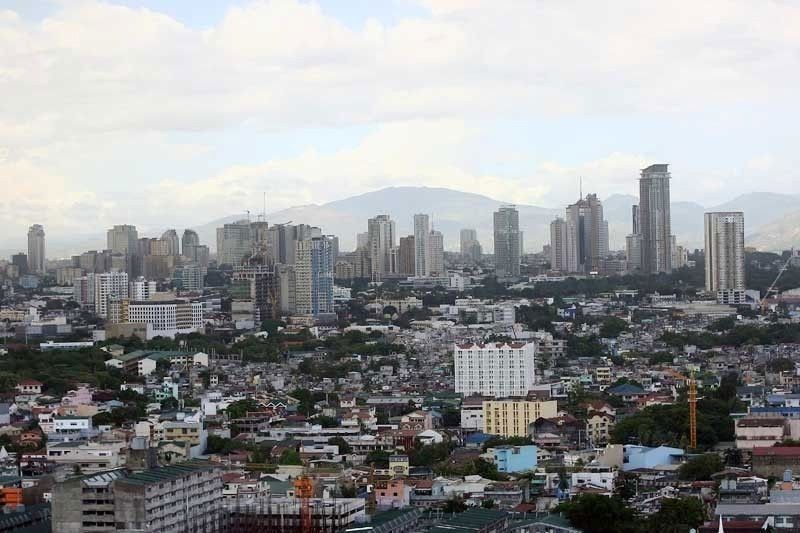Land, power issues hinder Philippines bid to be SE Asia’s digital hub

MANILA, Philippines — The Philippines has to address several issues, ranging from limited land supply to surging power cost, before it can evolve to be the data center hub of Southeast Asia.
In a report, property advisor Collier Philippines warned of multiple issues, from policy to pricing, that could prevent investors from locating their data centers in the country.
Colliers said the Philippines is lacking properties suitable for the large-scale operations of data centers, which house firewalls, racks, routers, servers and switches.
“Most office space is built for the traditional and BPO (business process outsourcing) occupiers. Meanwhile, most existing warehouse and industrial property is geared for the manufacturing and logistics firms, making redevelopment costly,” Colliers said.
Further, data center operators like to situate their facilities in the capital where the bulk of digital transactions usually take place. For Metro Manila, Colliers said land supply is constrained by the perpetual demand for commercial and residential developments.
On top of this, Colliers said data center investors might be discouraged by the cost of electricity in the country, especially as it averages $0.16 per kWh as of 2021, the highest in Southeast Asia.
Similarly, Colliers flagged the average speed of broadband internet in the Philippines, noting that data center players prefer to invest in economies with high-speed connectivity.
According to Ookla, the Philippines posted a fixed broadband speed of 92.84 Mbps in June and was outpaced by Singapore’s 247.29 Mbps, Thailand’s 206.6 Mbps, Malaysia’s 95.69 Mbps and Vietnam’s 93.44 Mbps.
Colliers said the country can maximize Southern Tagalog as a data center hub since it is already equipped with infrastructure redundancy to serve industrial parks. Similarly, the government can pitch Central Luzon, particularly New Clark City, as an alternative for incoming investors.
Also, Colliers said data center investors may talk to local firms for joint ventures. This way, they can tap the real estate assets of their Philippine partners in case they find it challenging to acquire new land.
For one, the Ayala Group partnered with Singapore-based ST Telemedia Global Data Centers for the construction of new data centers, including a $1-billion facility in Quezon City, set to become the largest in the Philippines.
Data centers serve as storage sites for applications and information managed by tech giants like Amazon, Google and Meta, making them critical assets in the age of digital adoption.
- Latest
- Trending





























